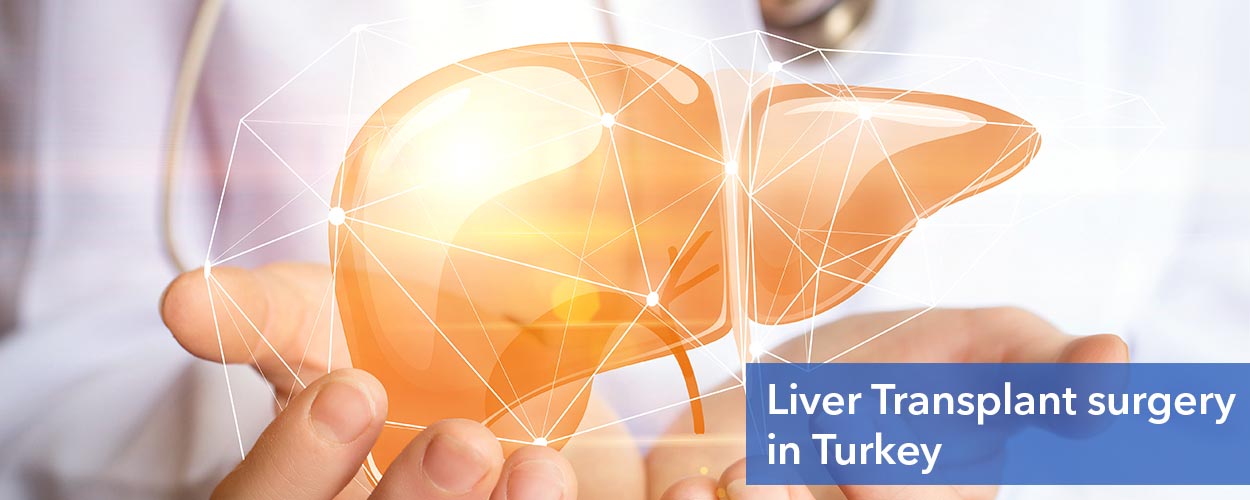Six Simple Steps
Our medical advisory platform automatically sends your medical query to our network of expert Doctors, working only at top internationally accredited Hospitals.
You and the medical providers communicate directly via email or your online patient account; our case managers are always available to help you with this.
You receive medical opinions and cost estimates within 24 to 48 hours via email and your online patient account.
Lyfboat empowers you to compare the medical opinions, and discuss the options with our very own doctors who help answer your questions, and guide you in making informed decisions on the best treatment option.
We negotiate your final costs, explore available discount offers, and we handle all your logistics including travel, accommodation, transport, and medical co-ordination.
Get cured, pay hospital after treatment and return home safe. Our care team is available throughout your journey to good health!







